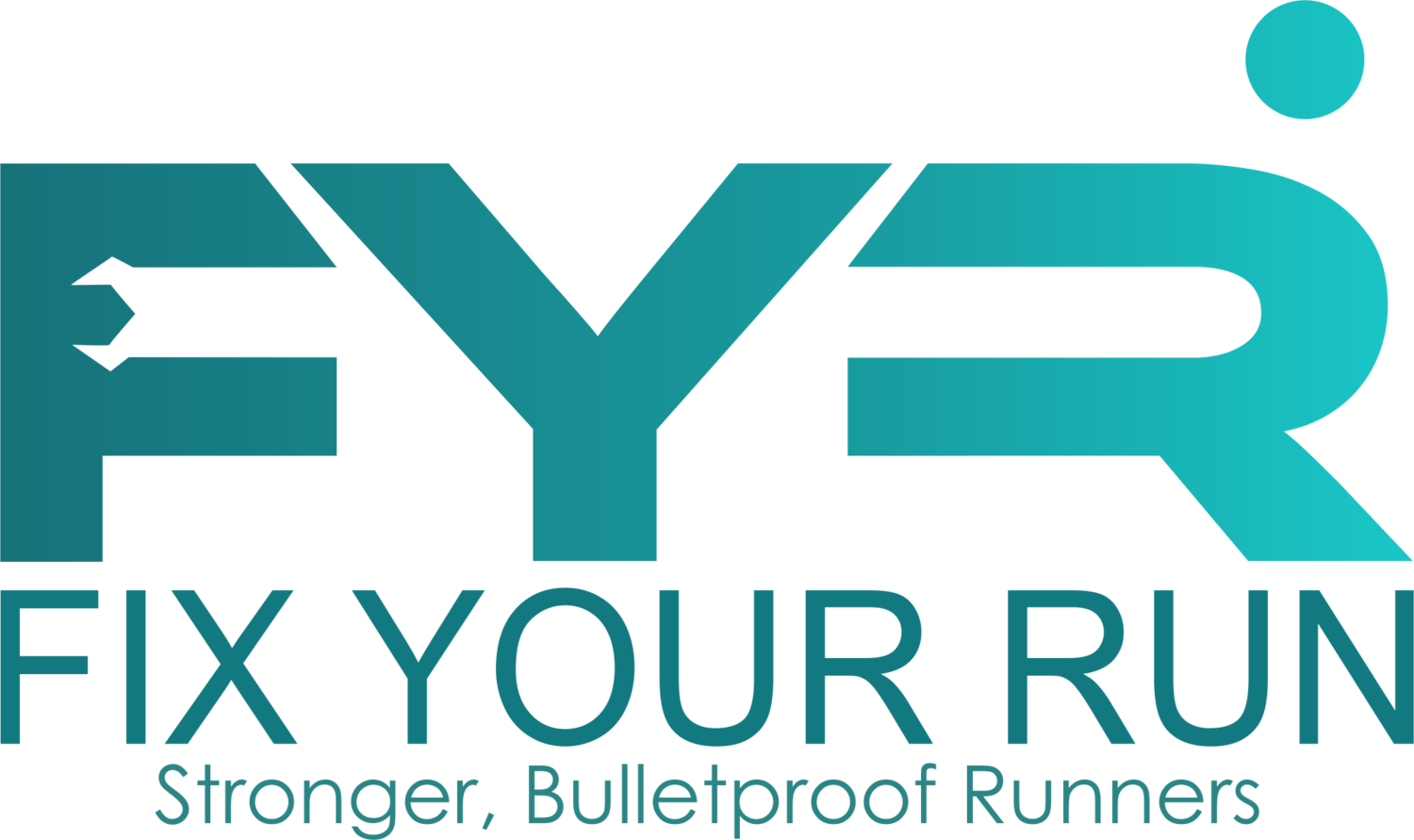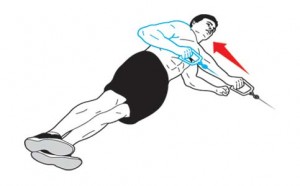As a Fitness Professional, one of the post popular services I offer is program design. My clients realize that they may be an expert in their field, but not when it comes to objectively designing their own results-based fitness program. Makes sense, right? I've studied formally and continue to learn directly from leaders in my industry so that I can stay current. One of the thoughts that naturally runs through my mind as I look around a gym is, “Why are they doing that exercise?”
It's not that I am in disagreement with their choice.
Rather, I'd love to know the context of the choice. Are they doing knee extensions to improve knee extension performance? Gain muscle in that area? How does that exercise, get them closer to their goals?
Chances are, they aren't performing a set of lat pulldowns to win the Lat-Pulldown World Championships, right?
So why have you chosen the exercises that you're currently doing?
What's your goal? Why are you at the gym? See, only once you have clearly defined your goal can you choose appropriate exercises, rest intervals, etc.
You should always question exactly how certain exercises relate to your goals. Are they helping? How do you know?
My point today is to get you to think critically about what you're doing in the gym. In my experience far too many people are doing all sorts of exercises because they think it will help them perform better, they promise to “work” a certain muscle or, worse, because someone else was doing it and it looked cool.
I want you to question your exercises. Do they actually lead to an increase in performance? Or do they just make you better at "exercising"? Is your goal to workout? Or is your goal to become a faster runner? Let your goals dictate your training program.
Here a few of my favorite examples of PROVEN exercises that improve your performance:
- Heavy deadlifts are proven to increase force output ...and make you faster.
- Performing a chop and lift pattern improves your core timing … and improves your stability.
- Depth Jumps improve leg stiffness and power delivery ...and make you faster.
- Diaphragmatic breathing restores proper core function ...and improves your mobility/stability.
- Push-Press improves power transfer from lower to upper body ...improves efficiency.
- Jumping rope improves coordination, posture and elasticity ...all great things for runners.
If a client comes to me and has a lot of training experience, one of the first things I do is find out if there are any exercises I can eliminate from their current program.
- What is redundant?
- What doesn't match their goal?
- What is counter-productive?
Whenever I learn a better move, I don't just add the exercise. I also take something away. When I first adopted this practice, I threw away several moves that I thought were effective, but really weren't. I was left with 2 exercises! (The deadlift and push-up, an effective, if minimalist, routine!)
I encourage you to do the same. Are there any movements you practice in the gym that aren't helping you reach your goals? If you're not sure, please contact me or a local fitness professional to help you streamline your program. Have a great day!


